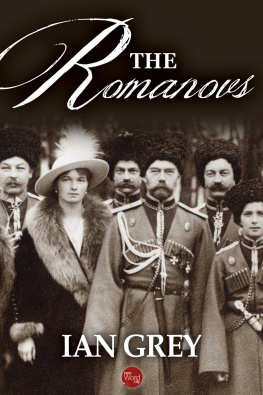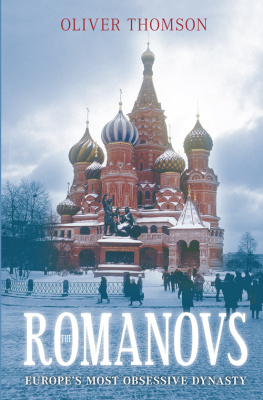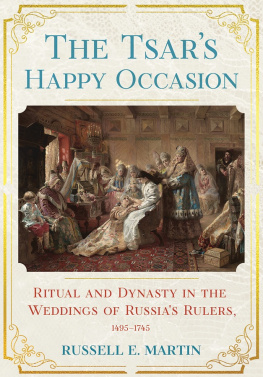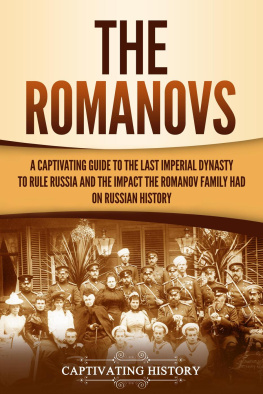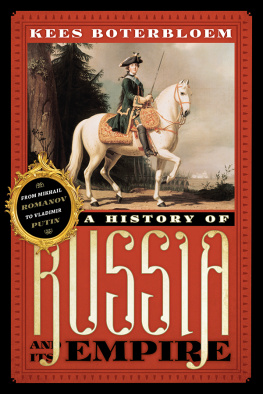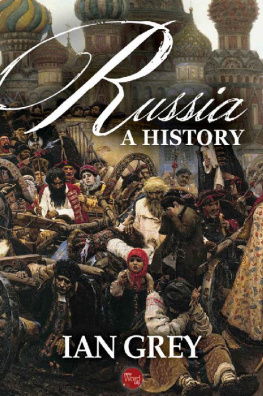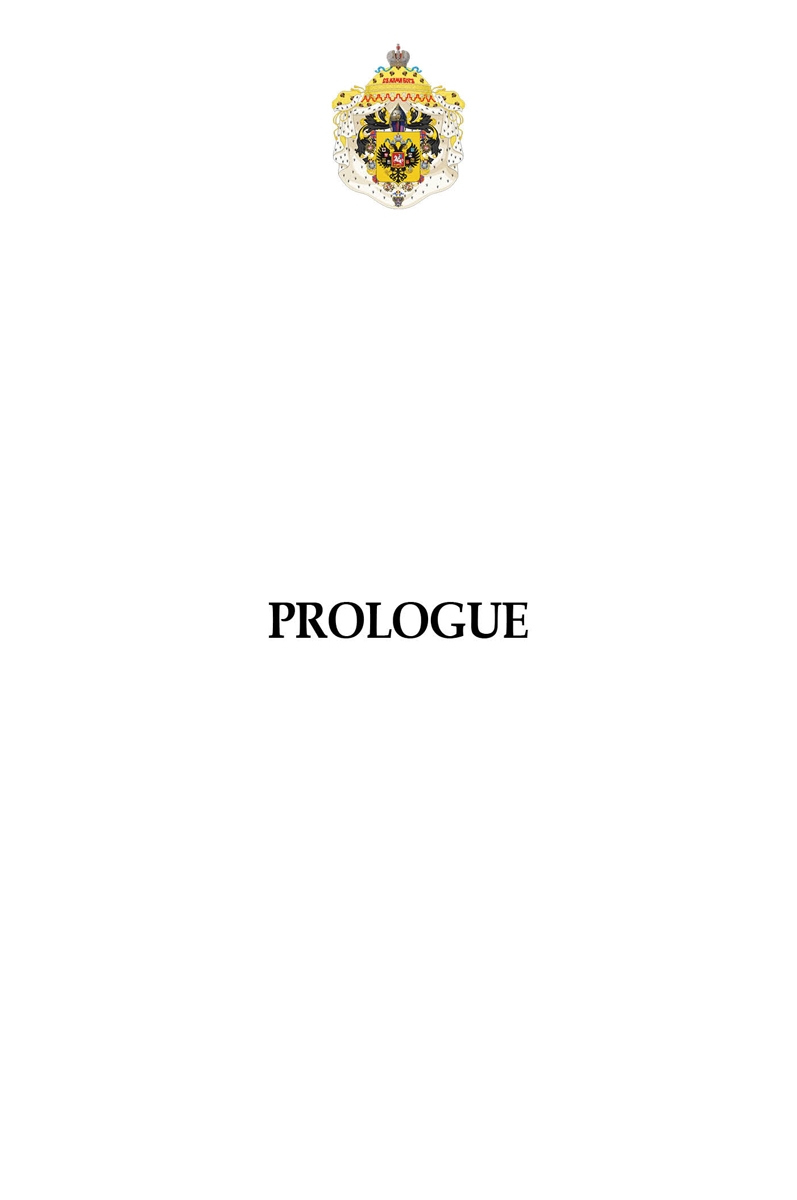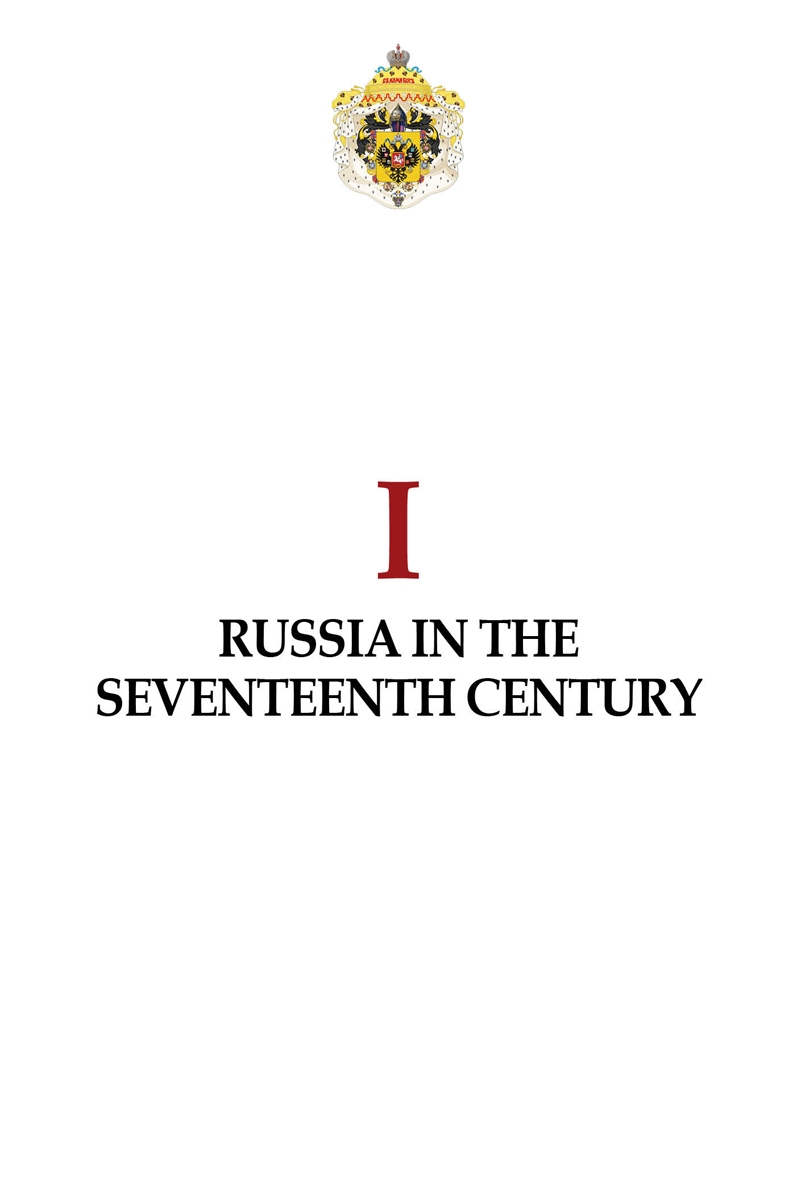Early in 1613 chosen representatives of the Russian people began to arrive in Moscow on horseback or by sled. All had faced severe hardships and dangers because travel was especially dangerous during the winter. Other threats included the bands of Cossacks, Tatars, Russian brigands, Poles, and Lithuanians who destroyed the land, burning down villages, murdering and robbing at will. The chosen men had nevertheless hurried to attend the Assembly of the Land (Zemsky Sobor) to elect a new tsar.
These men came not only from the great boyar families (members of the old aristocracy), the gentry and provincial nobility, but also from the townsmen and even the village peasantry. For three days they fasted and prayed before they began to work on their task. The first question was whether to elect a tsar from among the contending foreign princes or to limit their choice to a Russian. The decision was prompt and unanimous that the Lithuanian and Swedish Kings and their children, and others of foreign faith, and foreign powers occupying Muscovite territory, shall not be chosen...
However, they could not agree which of the Russians they should choose. No man had emerged from the Time of Troubles (1598-1613) as a national leader. The boyars who claimed position and power had contributed little to the national revival or to the defeat of the Poles and Swedes. Prince Pozharsky had led the second national militia, but had mediocre ability and lower social status. The Church, the gentry, the townsmen, and the Cossacks had saved the nation. But they could not choose a tsar from those classes.
The representatives split into rival factions, supporting different candidates. But then the representatives of the gentry, the townsmen, and the Cossacks began demanding Mikhail Romanov. A member of the gentry from Galich presented a paper stating that they should elect Mikhail Romanov as tsar because he was closest by birth to the old dynasty. During these angry disputes, the Ataman of the Don Cossacks advanced from the crowd and placed a written note on the table.
What is this writing you have submitted, Ataman? asked Prince Pozharsky.
It is about the natural Tsar - Mikhail Fedorovich, replied the Ataman.
Suddenly they had reached agreement. Without further debate, they elected Mikhail Fedorovich Romanov as tsar. Because the general public then had to confirm the decision, they sent trusted envoys to all towns. Though it is not known how they collected votes, within a few days they began returning to Moscow with the popular demand that Mikhail should be tsar.
The members had not chosen this frail sixteen-year-old boy because of any special abilities. The powerful boyar families saw his youth and weakness as guarantees that their privileges and power would be secure from attack by the autocrat (a ruler with absolute power). But Mikhails strongest claim to the throne was his link with the previous dynasty. His grandfather, Nikita Romanov, had been the brother of Anastasia, the first wife of Ivan the Terrible, and uncle of Tsar Fedor I, the last of the Rurik line. In Mikhail, they saw a continuation of the old dynasty.
The Romanov family was not among the oldest of the noble Muscovite families. Its earliest members had come to Moscow from Lithuania or the Prussian lands in the fourteenth century. It had been the one untitled boyar family that had remained prominent in the following century when the titled provincial nobles had crowded to the court of Ivan III. But the Romanovs had won goodwill at court and among the people. Nikita Romanov was famous for his efforts to moderate the severity of Ivan the Terrible. His six sons were also popular; in exiling them to distant parts of the country, Boris Godunov had made them even more popular as martyrs.
The Assembly of the Land then appointed a mission, headed by an archbishop, to find Mikhail and beg him to accept the throne. After searching, they found him in the walled Ipateev Monastery at Kostroma. On March 14, 1613, bearing ikons (idols) and chanting prayers, they approached Mikhail and his mother to explain the purpose of their visit. Mikhail rejected them with great wrath and tears. He stated that he did not want to be tsar, and his mother would not give her blessing. It took a lot of persuasion to even get the mother and son to go into the chapel so that they could all pray together.
For six hours the representatives argued and pleaded with Mikhail to go to his Tsars throne in Moscow and by his noble presence to grant us relief from all our present misfortunes and humiliations; for when you, Sovereign, are on our Tsars throne in Moscow, then hearing of your arrival the Lithuanian people and all the enemies of the state will be in terror and all the people of Muscovy will rejoice. But Mikhail and his mother rejected this flattery, pointing out that the people had sworn allegiance to previous tsars, like Boris Godunov, and then had betrayed them. The mother said that her son was too young and inexperienced for such dangerous office, and that he could not accept without the blessing of his father, who was a prisoner in Polish hands.
The archbishop and other members of the group became desperate. They threatened that, if Mikhail continued to refuse the throne, God would hold him responsible for the final destruction of the tsardom. Finally, the threats of these churchmen wore down the resistance of the young Mikhail. He would have been content to lead a prayerful life in the monastery, but he gave in to their pressure. Declaring himself to be in Gods hands, he consented to be tsar. He allowed each member of the mission to kiss his hands to show their loyalty and promised to go to Moscow immediately.
With his acceptance of the throne, the Time of Troubles ended and a new era began. The Romanov dynasty would last for 300 years.
By the beginning of the seventeenth century, there was a definite pattern to Russian society. The tsar had absolute power and ruled a nation divided into the landowning nobility and gentry that owed the tsar service; the Church, which was wealthy and upheld the tsars authority; and the peasantry, farmers burdened with taxes and tied by the bonds of serfdom to the land and the landowners. The tsar was more important than any other part of this pattern. When the ruling dynasty of Rurik died out toward the end of the sixteenth century, the nation nearly collapsed. But there were other factors that contributed to the tragedies of this period.
The enormity of the Russian plain had been a major influence in the nations development. Rolling eastward to the low-lying Ural Mountains, the plain provided no natural frontiers for defense or to promote a sense of unity. At the same time, the vast network of rivers encouraged the people to relocate.
In their early history, the Russians lived mainly in the Dnieper Valley. They were then primarily traders who were involved in the rich commerce between the Turkish and Byzantine empires and northern Europe. Kiev, their great commercial center, became a splendid city. But the steppeland was like a vast sea across which merchant caravans passed and Asiatic hordes swept in destructive waves. Concerned only with commerce and defense, the Russians did not make much progress toward nationhood in this period.
The Grand Princes of Kiev tried to unite them. In the tenth and eleventh centuries, Kievan Rus became a powerful state, extending across the steppelands and into the dense forests to the north. But Kievan Rus was never more than a loose federation. Conflicts over the succession to the Grand Princes and rivalry over trade undermined the unity of the people. Pounded by Asiatic invasions and then by the Mongols who in 1240 razed Kiev to the ground, this first political union of the Russian people disintegrated.

